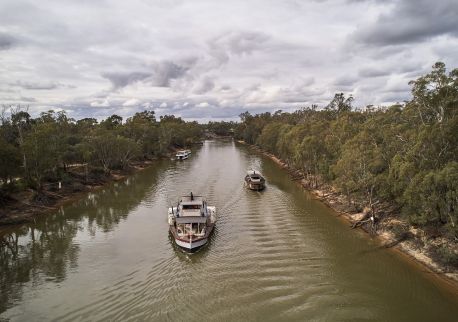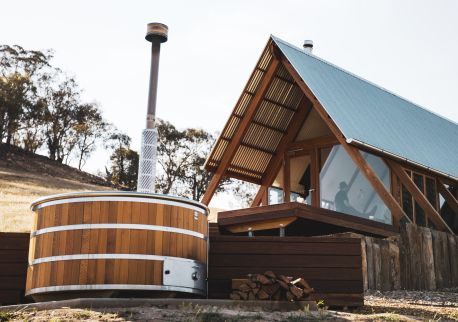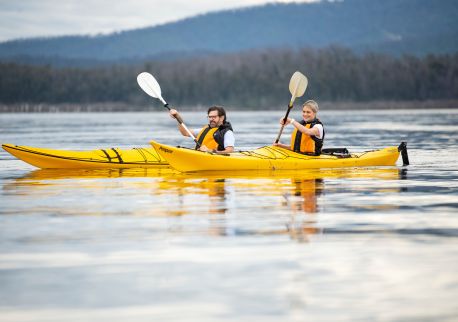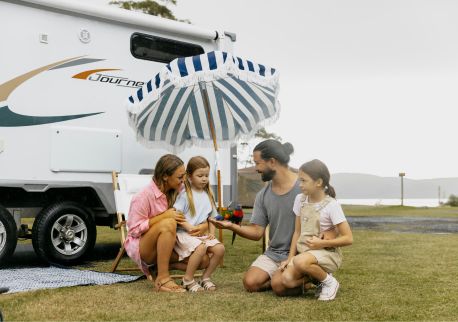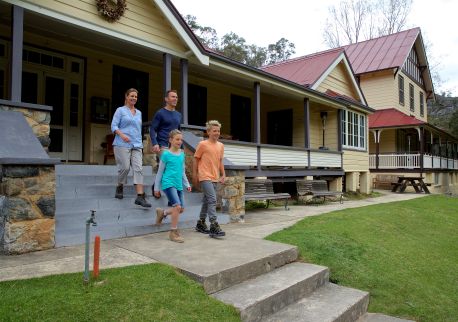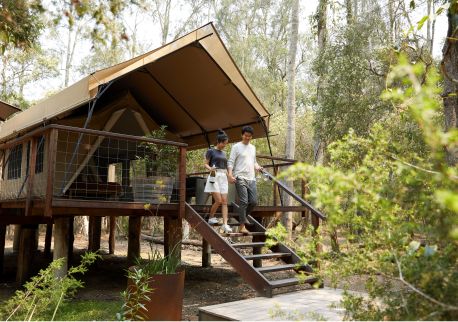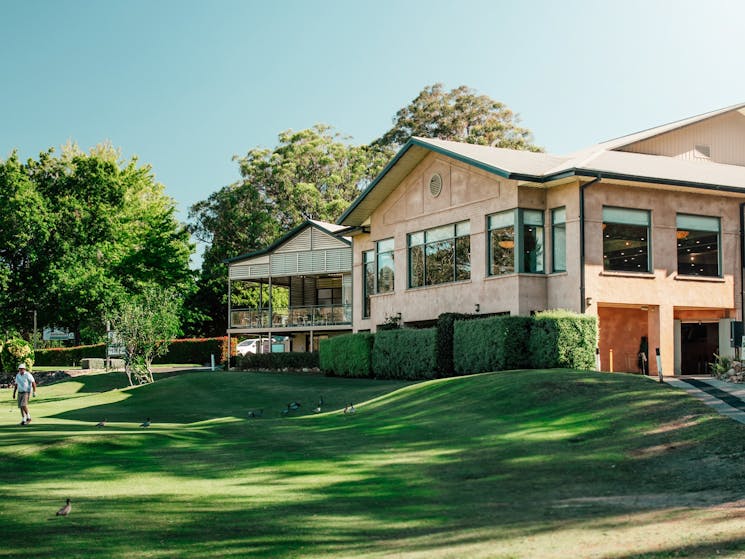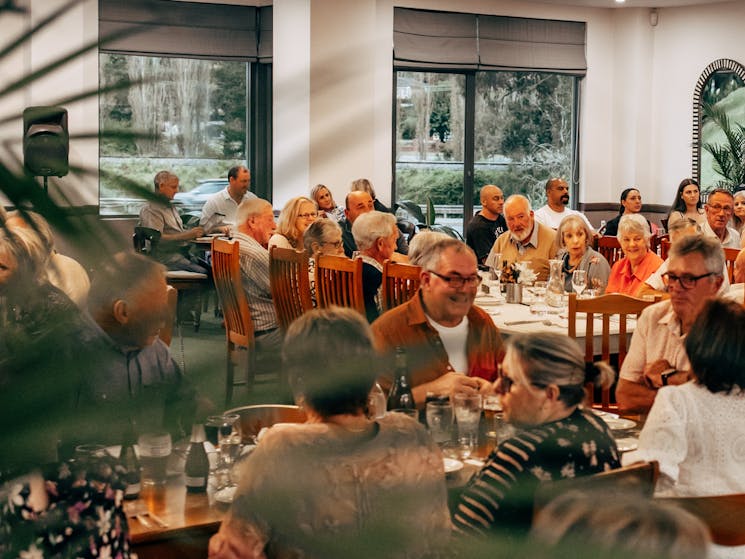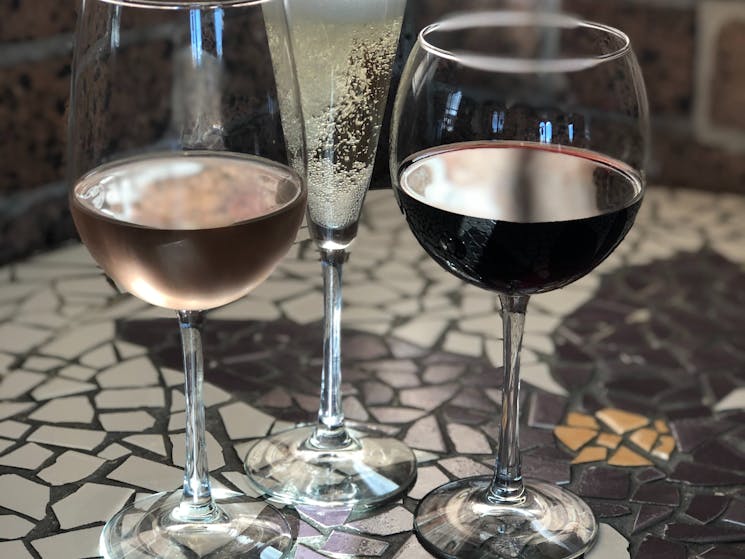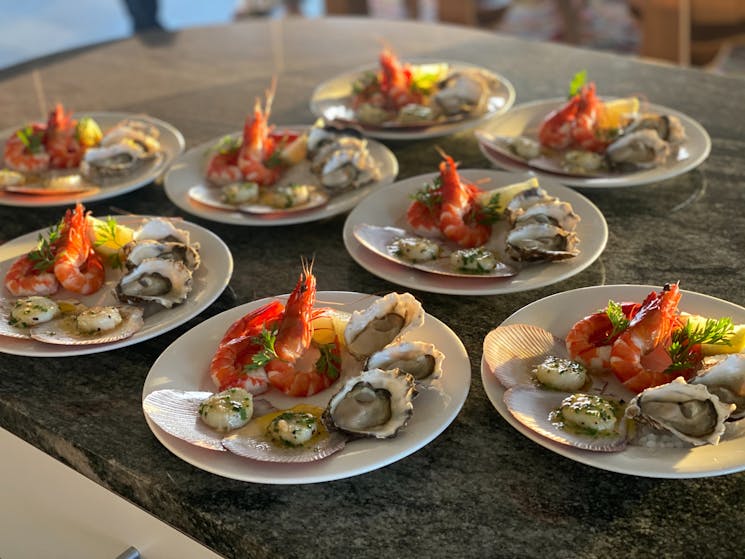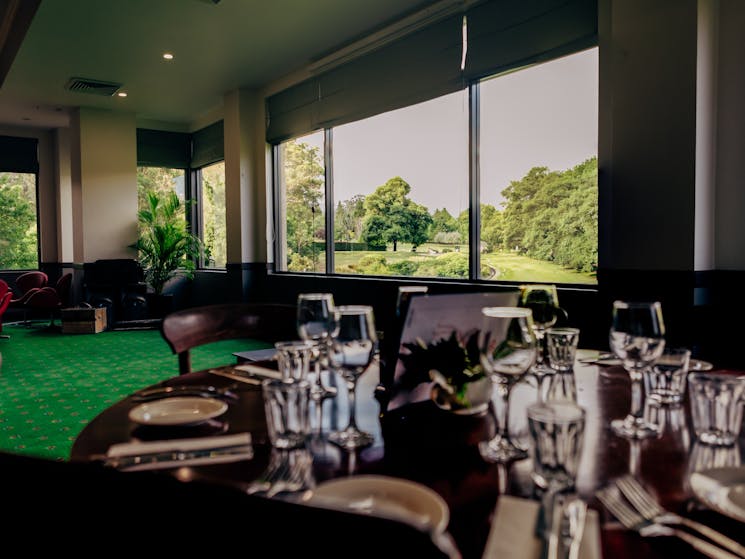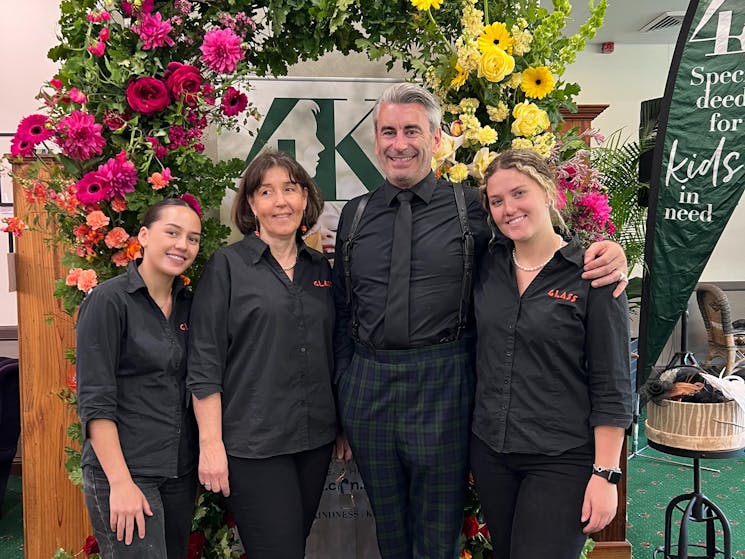Glass Cafe and Bistro Mittagong
Overview
Glass at the Highlands Golf Club is not just a restaurant; it's a sensational food, wine, and country destination boasting fabulous views over the golf course.
Guests can savour regional cold-climate wines, locally crafted beers and spirits, paddock-to-plate cuisine featuring local produce, and fresh Australian seafood—all in an award-winning setting that exudes a sense of calm and tranquility.
Whether you're a local looking for a special dining experience or a visitor seeking the essence of Mittagong's culinary scene, Glass offers exceptional food paired with warm hospitality. The venue's serene ambience and picturesque surroundings make it the perfect setting for any occasion, from intimate dinners to large gatherings and private events.
With its expanded space within the Highlands Golf Club, Glass can accommodate a wide range of functions, ensuring that every guest enjoys a memorable and delightful experience. Additionally, their offsite catering service extends their culinary offerings beyond the restaurant, bringing their renowned dishes to events and celebrations throughout the region.






